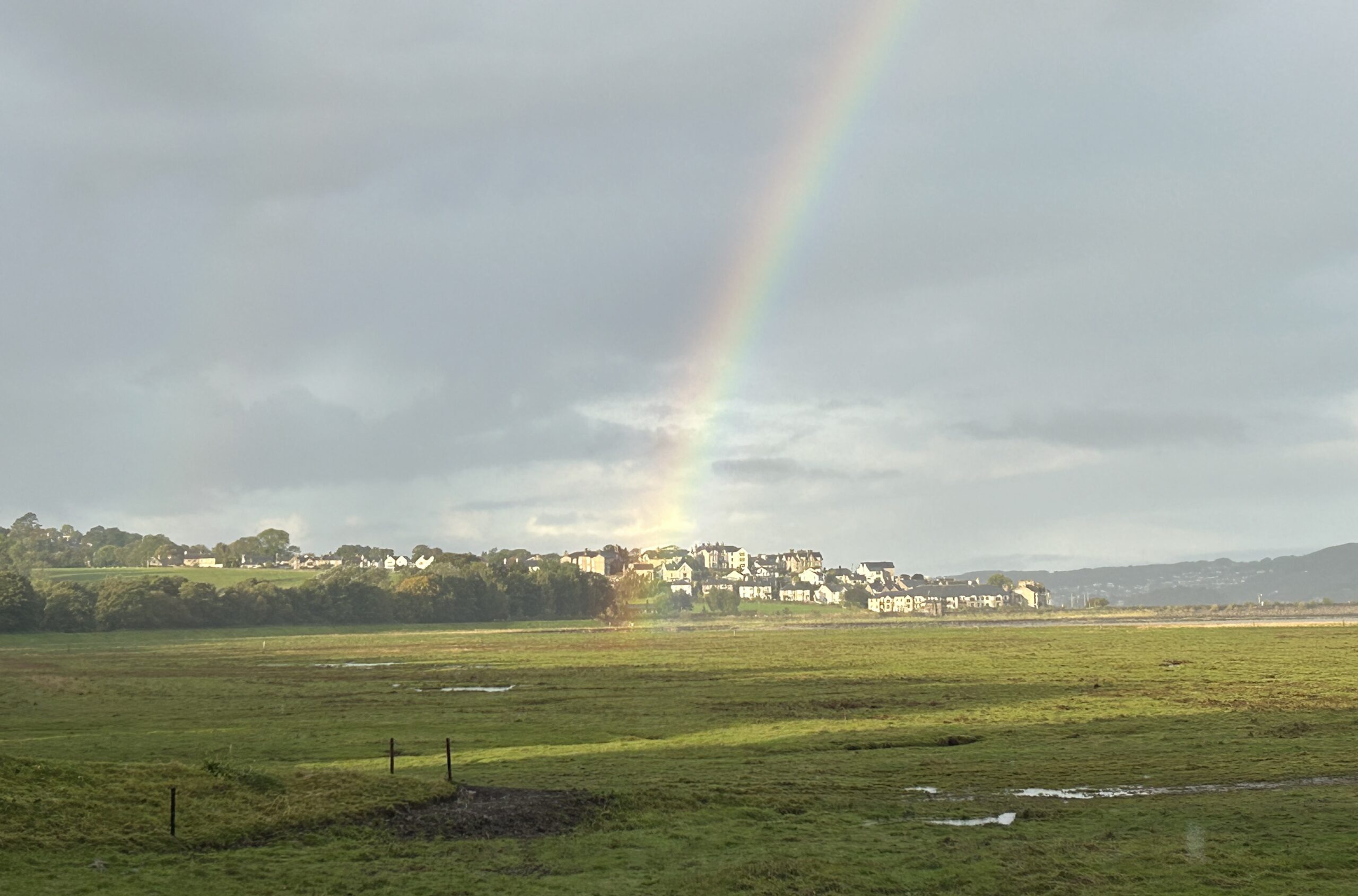
Are you interested in the origins of English words and how to make sense of how they relate, even when such links may appear far-fetched?
This Site is for You!
Many origins and links can be explained by understanding the ‘sound-codes’ which link consonants across words that English has inherited from its Germanic past and those that it has borrowed from languages that like English descend from a common source, over 5,000 years ago.
Academic work over the past 250 years has provided a solid basis for understanding such links, but very few of the millions of people who take an interest in words have had the opportunity to learn the relatively simple patterns that exist, even among words you very commonly use yourself.
This website is designed to spread knowledge of these links in an accessible way. Over the next several months, you will be able to read some 50 short blogs that aim to do that. In almost every case, these blogs will end with questions to enable you to check your understanding before reading the next blog. (After blog 12, you will need to subscribe to see the answers: there is no charge for doing this.)
Share with your friends and colleagues with an interest in words, and enjoy!


My Background
I was given an interest in words, first by my mother and then more specifically on word-origins by my teacher of Greek at school. That encouraged me to specialise in linguistics in my final year of a Classics degree in Cambridge, back in the 1960s. While that taught me some of the basics of how Indo-European languages relate, it seemed that most of the issues had already been extensively researched, and I decided not to continue in academia.
Many decades later, I reviewed a couple of books on a totally different subject for the Oxford University Press, and was paid in the form of books from their publications. I decided to select books on Indo-European and on the history of English (the latter almost totally absent from the course at Cambridge). It was a pleasure to re-connect to this field, and the COVID lockdown enabled me to use this updated knowledge to sketch out a book designed to make use of the many borrowings English speakers have made from related languages to show how an understanding of sound changes sheds so much light on these word-links.
I was fortunate to get reactions to my initial draft from the current Professor of Linguistics in the Classics Department at Cambridge University, James Clackson, who not only corrected many errors but advised me that my draft needed to reshaped if it was to have wider appeal.
This resonated with me, as I feel that there is a story to be told, and a wide potential audience among the 1.5 billion or so who understand English in the world today. Publishers were however unimpressed, and this encouraged me to shift from writing a book to setting up a website to engage with others with an interest in word-origins, and see where that leads.
I need hardly say that I accept full responsibility for any errors in the blogs that you will be able to access, and I look forward to learning from any comments that you may wish to make – just press the ‘Comments’ button below.

Get in Touch!
We’d love to hear from you! Please feel free to comment on the blogs, to point out errors, or to add further examples of linked words, including more personal and place names, not least from related languages from which English has borrowed few if any words.
www.wordsecrets.org